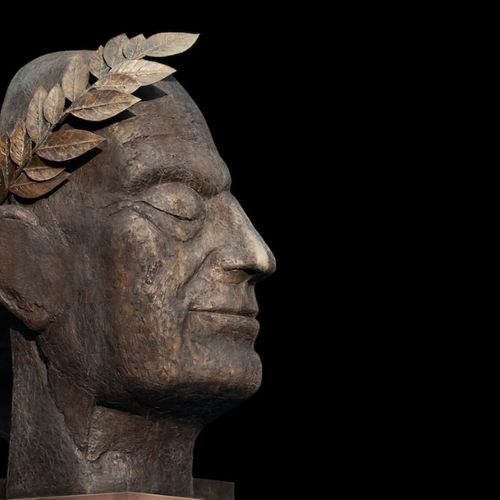Plato's 10 Most Important Ideas
Apr 11, 2023 · 2 mins read
0
Share

1. Theory of Forms: Plato believed that the material world is a mere shadow of a higher, eternal reality. He argued that there are eternal and unchanging Forms or Ideas that are more real than the physical objects we encounter in our daily lives.
Save
Share
2. Allegory of the Cave: Plato used this allegory to explain how people can be blinded by their perceptions and fail to see the truth. If someone were to escape from a cave and see the world as it really is, they would never want to go back to their former ignorance.
Save
Share
3. Tripartite Soul: Plato believed that the human soul is made up of three parts: reason, spirit, and desire. Reason is the highest part of the soul and should be in control, while spirit and desire should be subordinate.
Save
Share
4. Philosopher-King: Plato argued that the ideal ruler is a philosopher-king who possesses both knowledge and virtue. He believed that only such a ruler could create a just society.
Save
Share
5. Education: Plato believed that education is the key to a good society. He argued that children should be trained to be virtuous and that the state should play a role in their education.
Save
Share
6. The Good: Plato believed that there is an ultimate Good that exists beyond the material world. He argued that this Good is the source of all other goods and that it is the ultimate goal of human existence.
Save
Share
7. Dualism: Plato believed in a dualistic view of reality, with the material world being inferior to the spiritual world. He argued that the body is a prison for the soul and that the soul must be freed from the body to achieve true happiness.
Save
Share
8. Recollection: Plato believed that knowledge is not acquired from the senses, but rather it is recollected from the soul's previous existence in a higher realm. He argued that learning is a process of recollection, rather than discovery.
Save
Share
9. The Academy: Plato founded the Academy in Athens, which was the first institution of higher learning in the Western world. It was devoted to the study of philosophy, mathematics, and science.
Save
Share
10. Dialogue: Plato wrote his ideas in the form of dialogues, which are conversations between characters. He used this format to explore complex philosophical concepts in a way that was accessible to his readers.
Save
Share
0